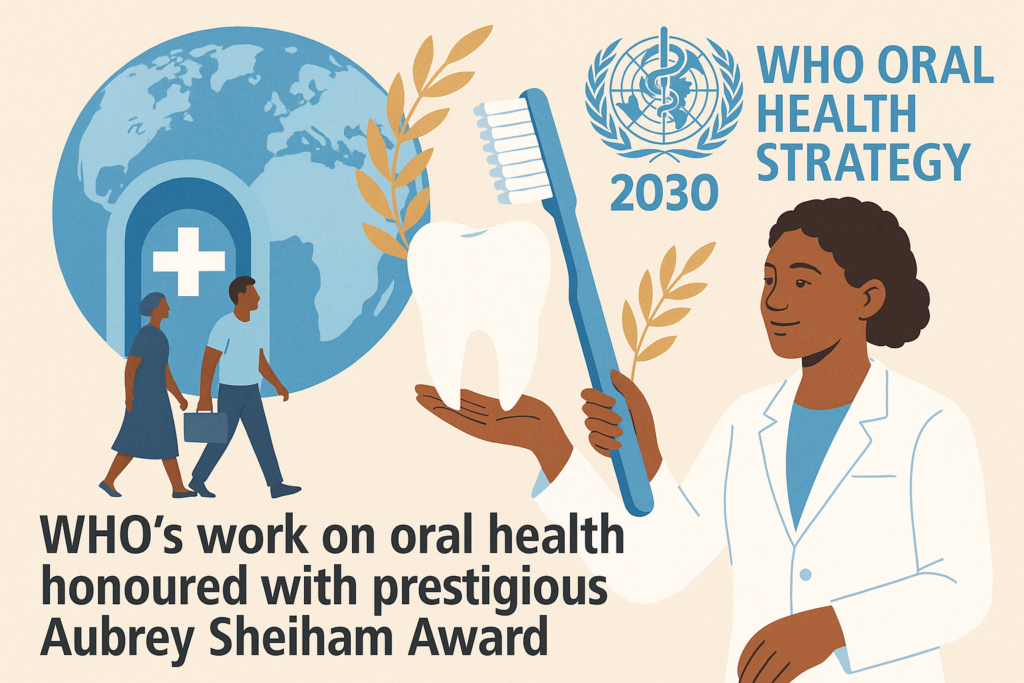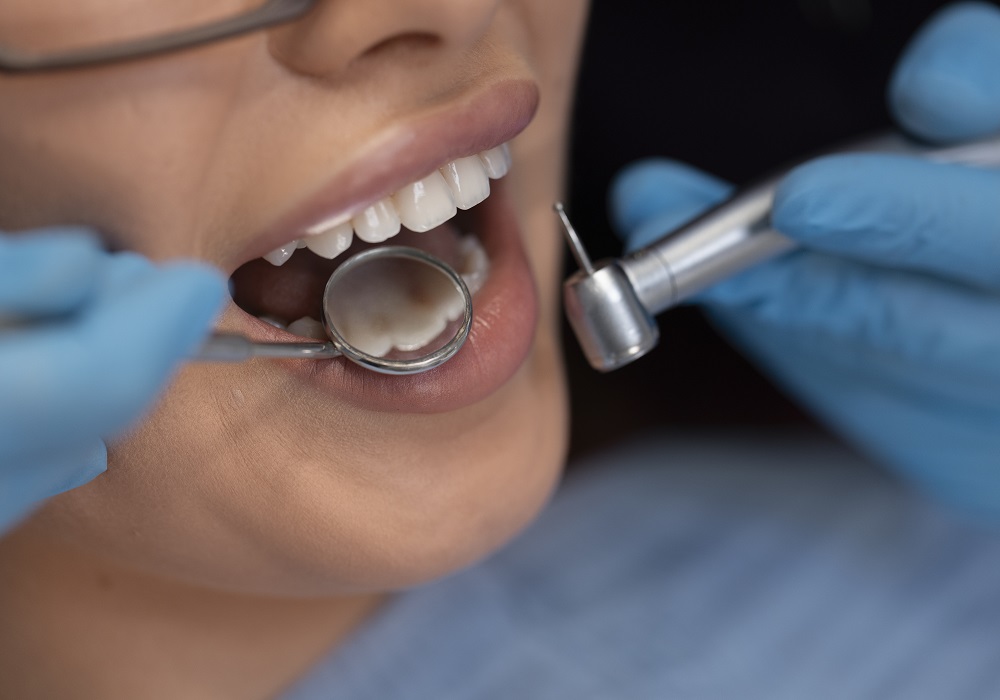The World Health Organization’s (WHO) ongoing work in global oral health has recently been recognised with the prestigious Aubrey Sheiham Award for Distinguished Contributions to Evidence-Based Healthcare. This accolade not only honours WHO's tireless advocacy and policy leadership but also marks a pivotal moment in global public health. With oral diseases affecting nearly 3.5 billion people globally, WHO’s strategy is not just timely—it’s transformative.
By championing equitable access to oral healthcare and pushing for its integration into universal health coverage, WHO is reshaping how nations prioritize dental health. In 2023, it launched a groundbreaking Global Oral Health Action Plan, setting clear goals through 2030. This award is a validation of that bold vision—and a call to action for countries worldwide.
What Is WHO’s Work on Oral Health and Why Is It Trending Globally?
WHO’s oral health mission is rooted in evidence-based, people-centered care. With the release of its Global Oral Health Status Report, WHO laid bare the global inequities in dental care—especially in low- and middle-income countries where access is minimal.
The work includes:
- Developing the Global Strategy on Oral Health (2022–2030)
- Supporting national oral health policy development
- Integrating dental care into primary health systems
- Prioritizing prevention through education and community-based solutions
This mission gained momentum post-pandemic, as countries realized that neglecting oral health can worsen other health burdens like diabetes, cardiovascular disease, and poor maternal outcomes.
Why the Aubrey Sheiham Award Is a Game-Changer for Global Oral Health
The Aubrey Sheiham Award, named after the visionary dental epidemiologist, celebrates those advancing equitable and evidence-based healthcare globally. WHO receiving this recognition in 2024 puts a spotlight on oral health like never before.
Experts suggest this could:
- Catalyze government investments in national oral health programs
- Accelerate the integration of oral health indicators into global health monitoring
- Raise awareness that oral diseases are preventable, not inevitable
How WHO’s Oral Health Strategy Could Transform Health Systems by 2030
The WHO's 2030 roadmap outlines four core targets:
- Oral health integration into universal health coverage
- Reduction of oral disease incidence through sugar reduction, fluoride, and tobacco control
- Training and upskilling oral health providers worldwide
- Data systems to monitor oral health progress globally
This approach is already seeing pilot implementation in countries like Rwanda, Thailand, and India. By linking oral health with non-communicable disease (NCD) control, the strategy encourages health system convergence for better overall outcomes.
Is This Recognition Enough to Change the Future of Dental Care?
While awards raise awareness, sustained impact depends on:
- Political will
- Funding allocation
- Public-private collaboration
- Community-level engagement
Advocates hope the award ignites policy dialogue and pushes for real implementation. As one health leader noted, “Oral health can no longer be a luxury—it’s a human right.”
Conclusion: A Turning Point for Oral Health Equity
WHO’s work on oral health, now honoured with the prestigious Aubrey Sheiham Award, represents a paradigm shift in how we value dental health globally. With strong data, bold leadership, and now international recognition, it’s time to act. Countries, practitioners, and policymakers must now collaborate to make oral health part of every health conversation.


 Dental Checkup Services
Dental Checkup Services
 Our range of products
Our range of products
 Oral Care Blogs
Oral Care Blogs
Recent Comments